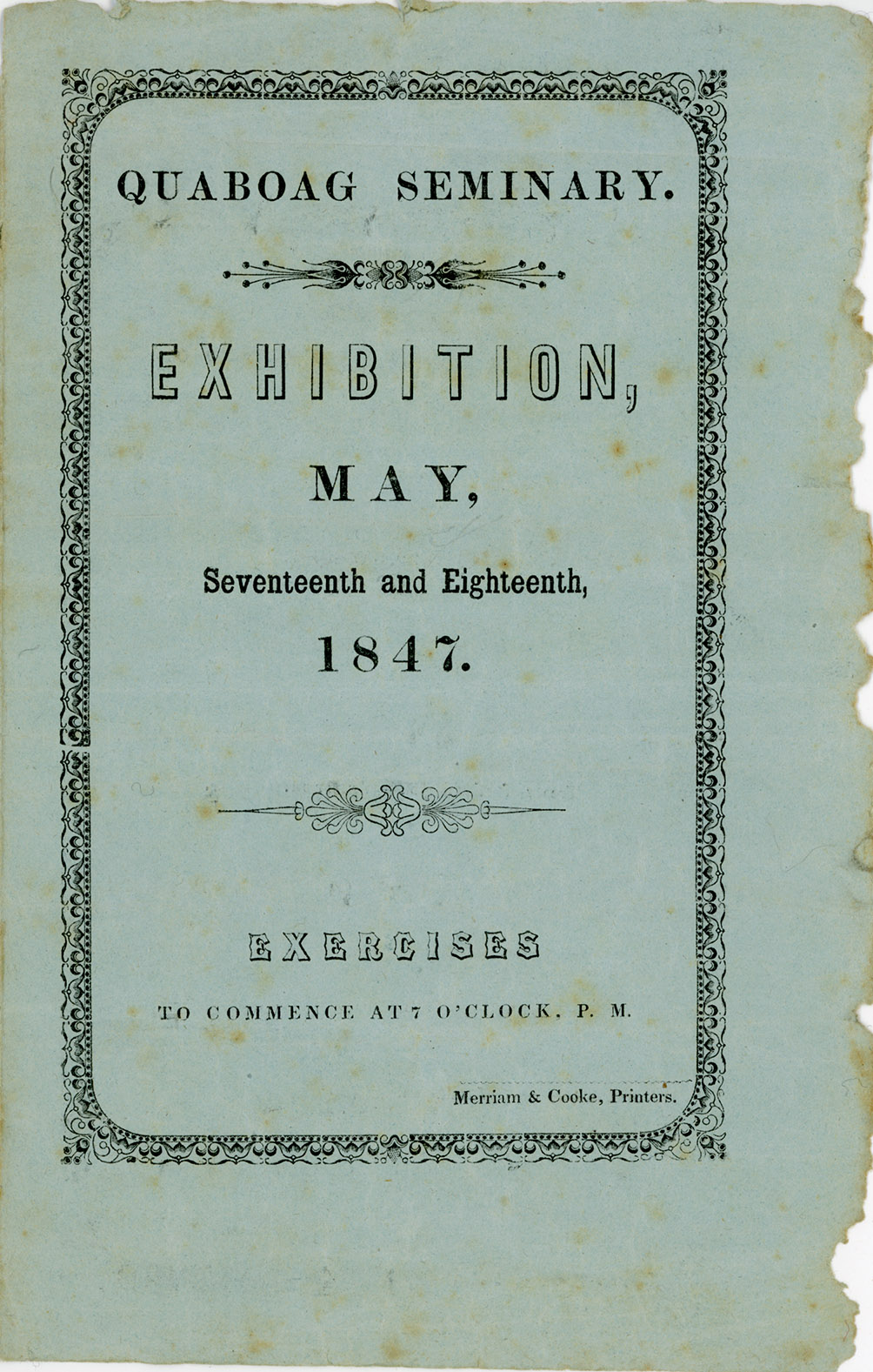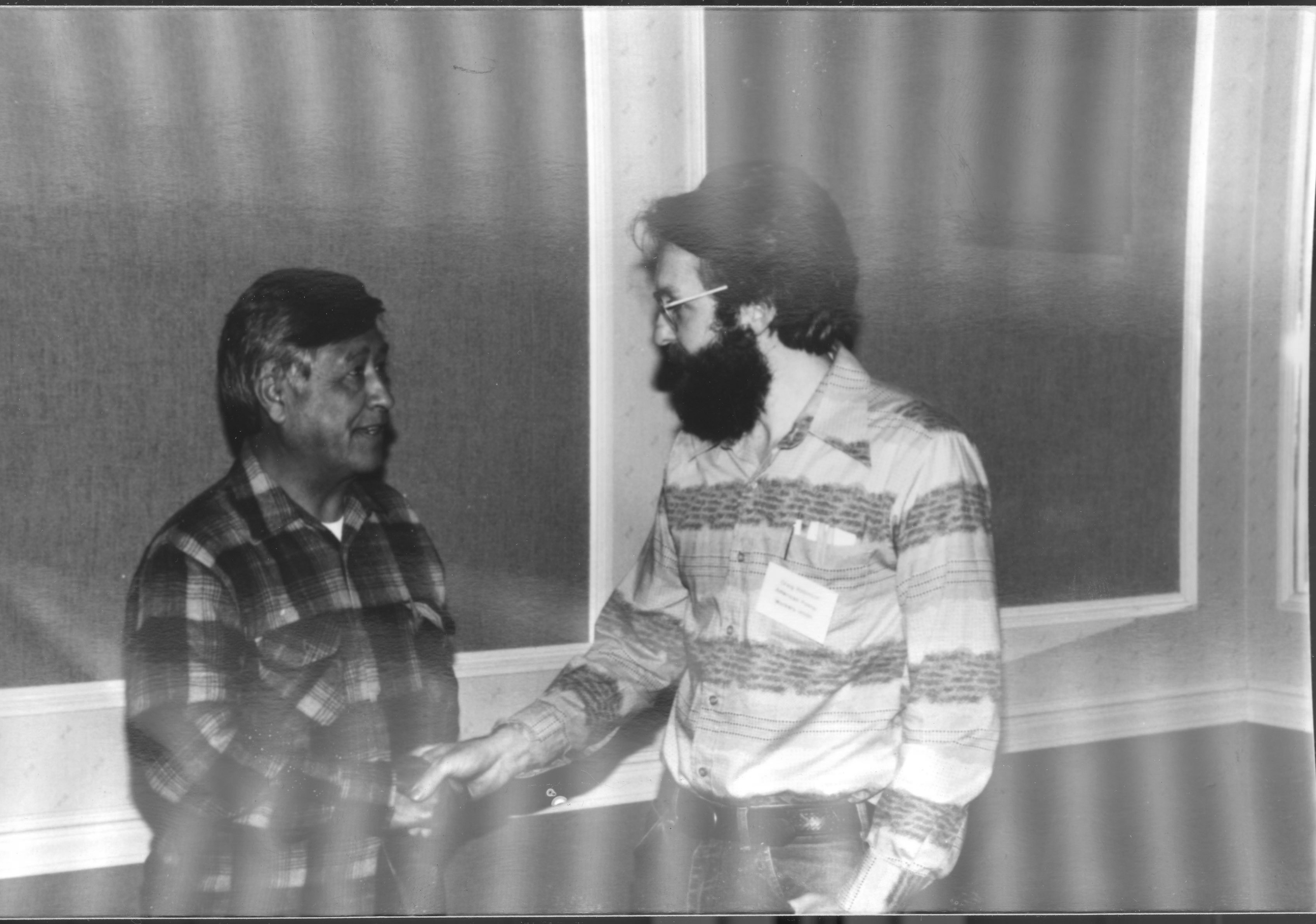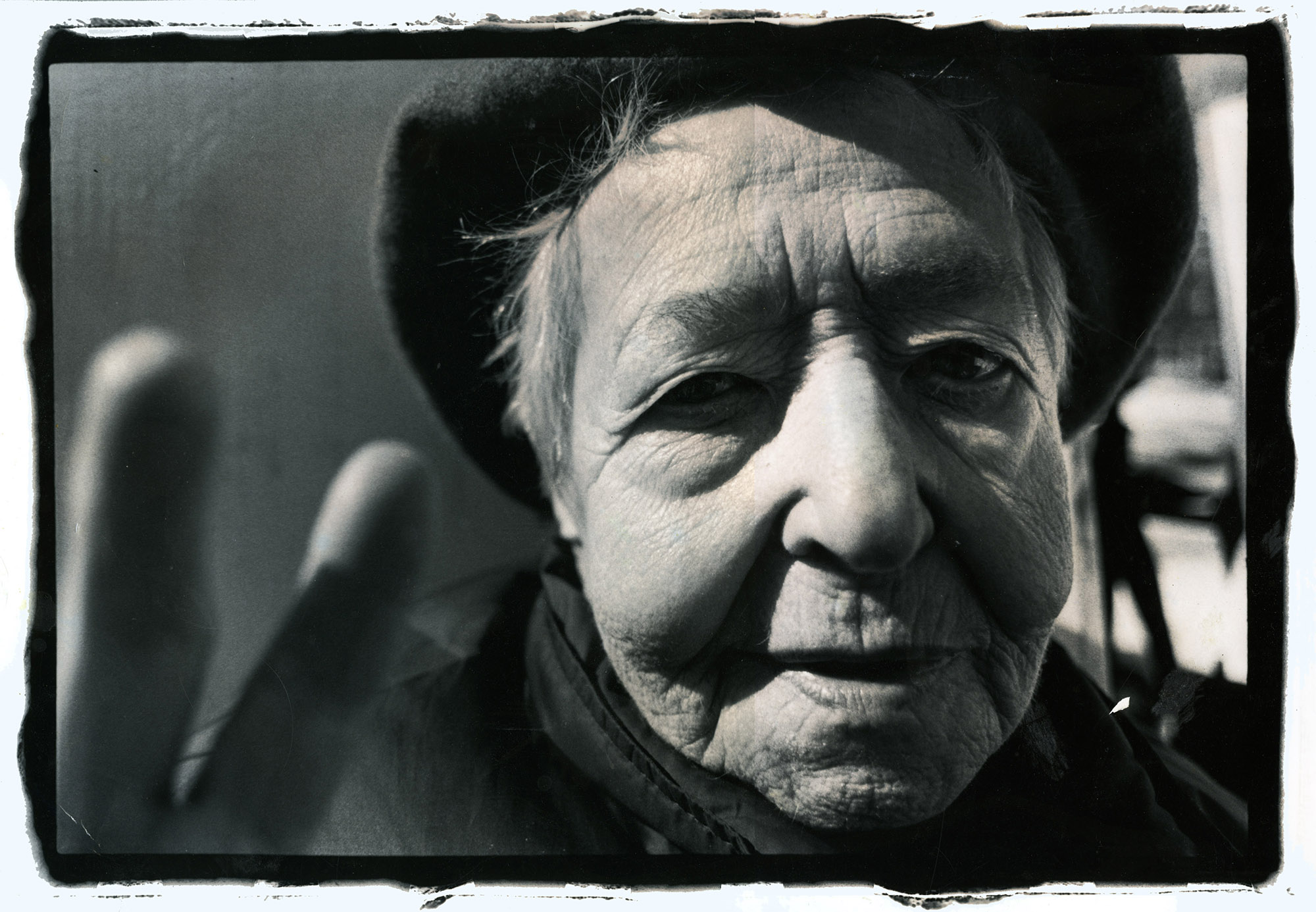Abraham Ravett Collection
The independent filmmaker Abraham Ravett has taught film and video at Hampshire College since 1979. Born in Poland in 1947 and raised in Israel, Ravett emigrated to the United States with his family in 1955. Since earning his BFA and MFA in Filmmaking and Photography, he has won wide recognition for his work, receiving major grants from the National Endowment for the Arts and the Marion and Jasper Whiting Foundation, among other organizations, and a fellowship from the John Simon Guggenheim Foundation. His films have been screened internationally and have earned Top Prize at the Viennale 2000, the Ann Arbor Film Festival, and Onion City Film/Video Festival.
This small collection contains raw footage on open-reel videotape shot by Ravett and two dvds documenting local communities in eastern Massachusetts: the North End, Boston (1977-1978) and Haverhill High School (1978-1979), the latter taken while artist in residence.




